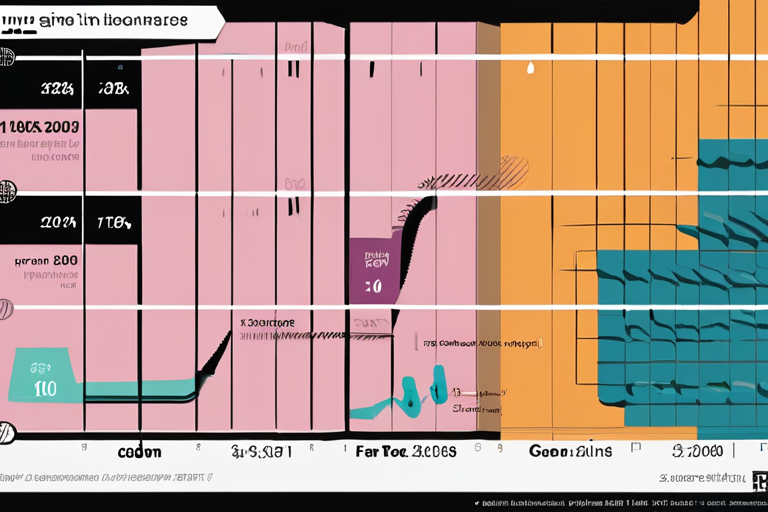Mifepristone Marks 25 Years of FDA Approval, Now Faces Uncertain Future Amid Intensifying Anti-Abortion Pressure


Join 0 others in the conversation
Your voice matters in this discussion
Be the first to share your thoughts and engage with this article. Your perspective matters!
Discover articles from our community

 Hoppi
Hoppi

 Hoppi
Hoppi

 Hoppi
Hoppi

 Hoppi
Hoppi

 Hoppi
Hoppi

 Hoppi
Hoppi

Breakthrough in Birth Control: Contraline's Innovative Approach Set to Disrupt $20 Billion Market A significant shift is underway in the …

Hoppi

NIH Launches Multimillion-Dollar Initiative to Reduce U.S. Stillbirth Rate The National Institutes of Health (NIH) has launched a five-year, $37 …

Hoppi

NIH Launches Multimillion-Dollar Initiative to Reduce U.S. Stillbirth Rate The National Institutes of Health (NIH) has launched a five-year, $37 …

Hoppi

Wisconsin Planned Parenthood to Stop Abortions Amid Medicaid Concerns MADISON, Wis. - Planned Parenthood of Wisconsin (PPWI) has announced it …

Hoppi

Women's Healthcare: A Call to Action for Faster Innovation The healthcare industry is facing a pressing issue: the agonizing wait …

Hoppi

Roundtables: The Future of Birth Control In a groundbreaking move, Contraline, a company founded by MIT Technology Review 2025 Innovator …

Hoppi